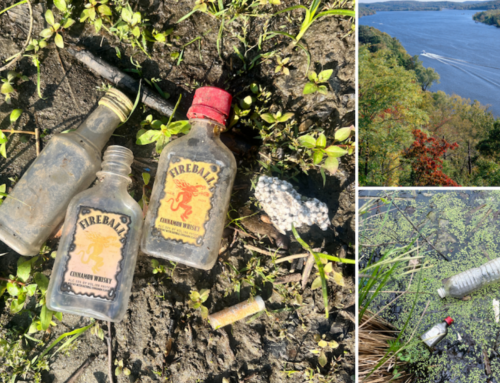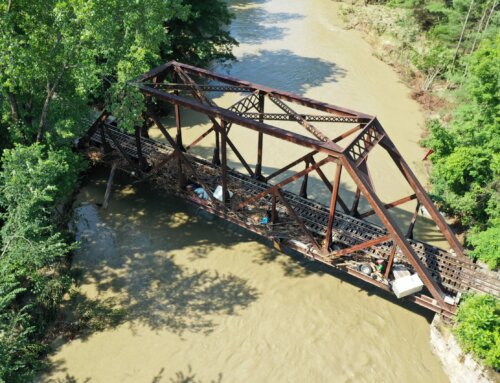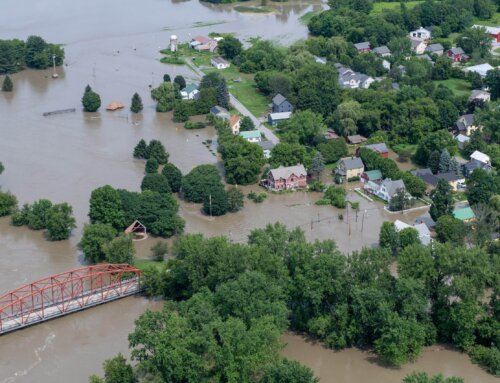April 1, 2009
The Recorder
Greenfield, MA
To the Editor,
The Recorder recently printed a letter from Russell Biomass LLC’s John Boss containing a lot of general information. It offered several statements that do not accurately reflect the current status of the proposed Russell Biomass plant on the Westfield River. While it is technically correct that the plant received state air and water withdrawal permits, Mr. Boss did not mention that both permits are going through the appeal process at the Department of Environmental Protection.
I testified in January at the DEP appeal hearing for the water withdrawal permit about inadequacies in the permit’s water withdrawal limits in protecting the biological integrity of the federally-designated wild and scenic Westfield. That permit would allow the plant to continue drawing river water to cool plant operations down to the lowest historic levels ever recorded on the Westfield—a condition that would be unnecessary had plant owners chosen to use air cooling technology. The Russell plant will use a maximum of 885,000 gallons of Westfield River water daily. A decision from DEP on the permit appeal should be forthcoming in April or May.
Stating that Russell Biomass would be the “strictest permitted” biomass plant in New England may be an over-generalization with respect to water withdrawal allowances. Large biomass plants operate in Burlington, VT, and Portsmouth, NH. The big difference between Russell Biomass and these plants is that they operate using water from a much larger reserves—the Burlington plant sits adjacent to the sprawling groundwater footprint of Lake Champlain, and the Portsmouth, NH plant operates within the tidal zone of the Atlantic Ocean. The proposed Russell plant would draw cooling water from a far more limited water supply farther upstream in the Westfield.
We need to start budgeting fresh water resources so that there is enough to drink in the future, as well as cool and replenish the life in a landscape we share. There are currently five new power plant proposals totaling 815 megawatts of power in the Massachusetts section of the Connecticut River watershed alone. All require water for cooling, some more than others. What happened to the idea of energy conservation?
Andrea Donlon, River Steward
Connecticut River Watershed Council
[/fusion_builder_column][/fusion_builder_row][/fusion_builder_container]






